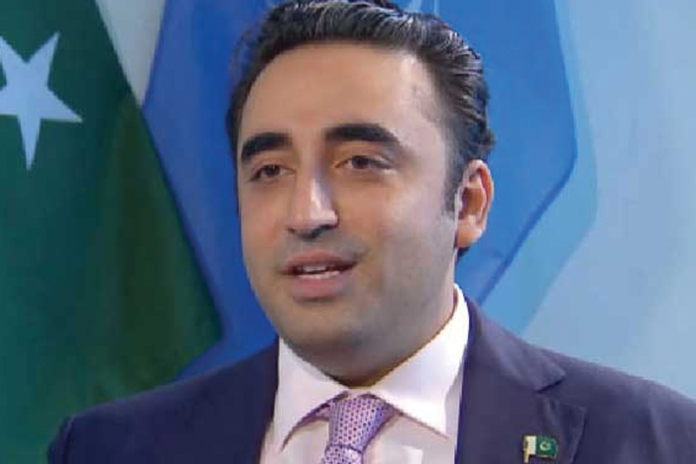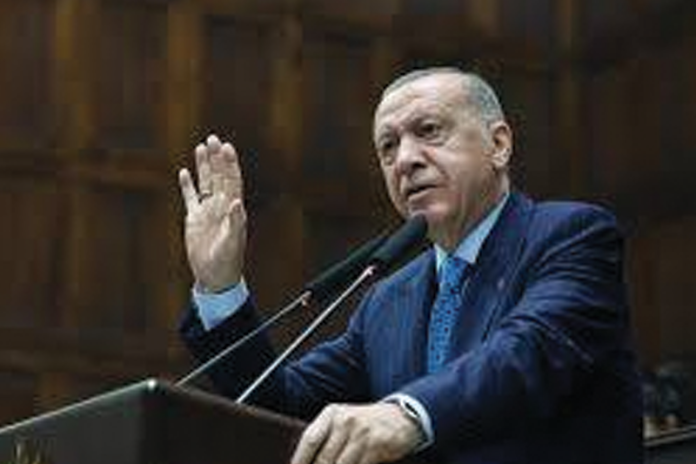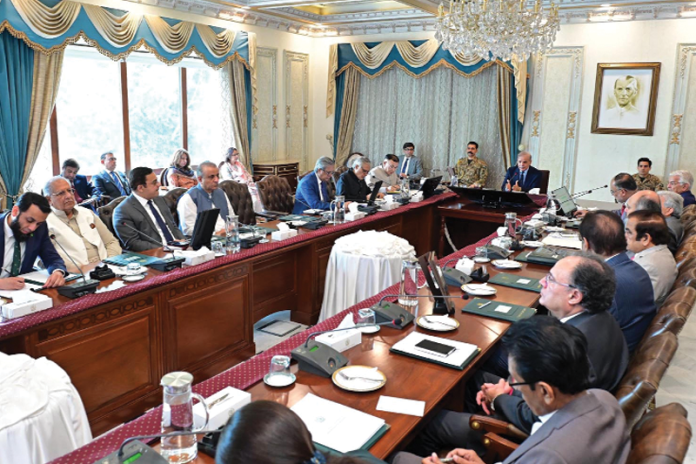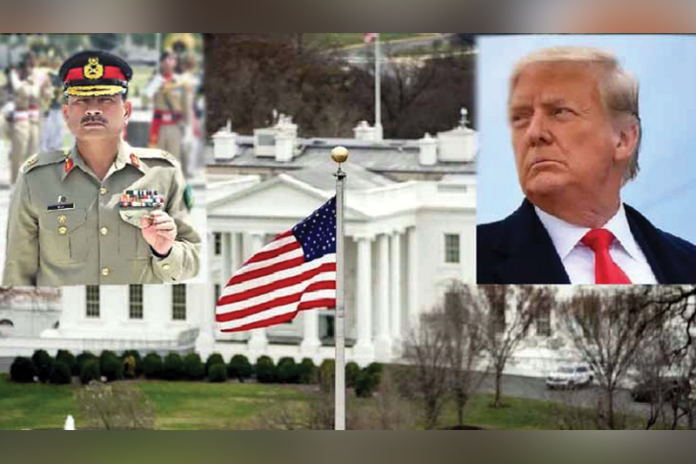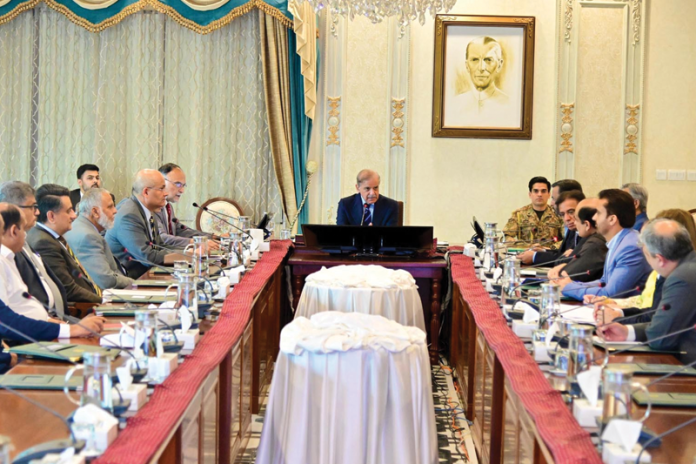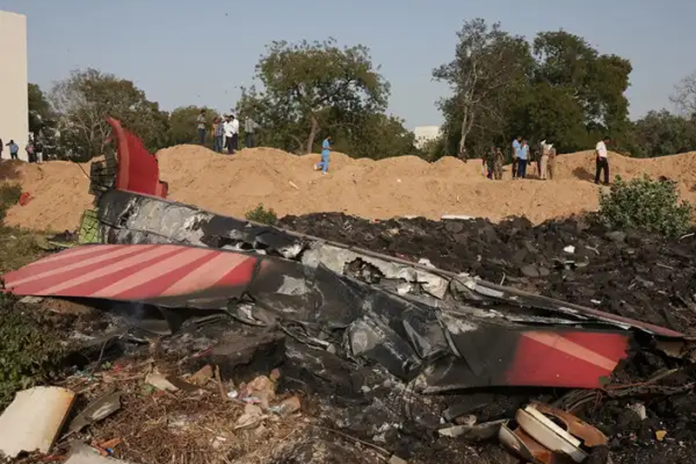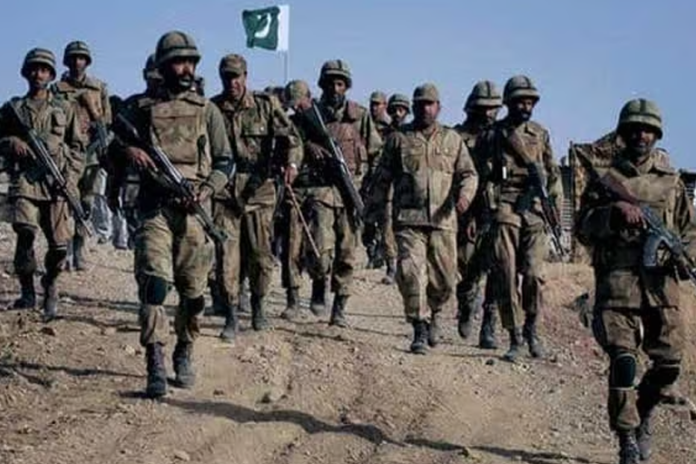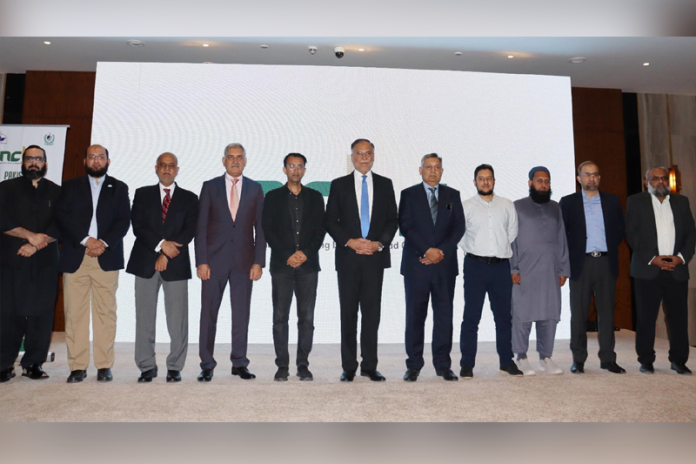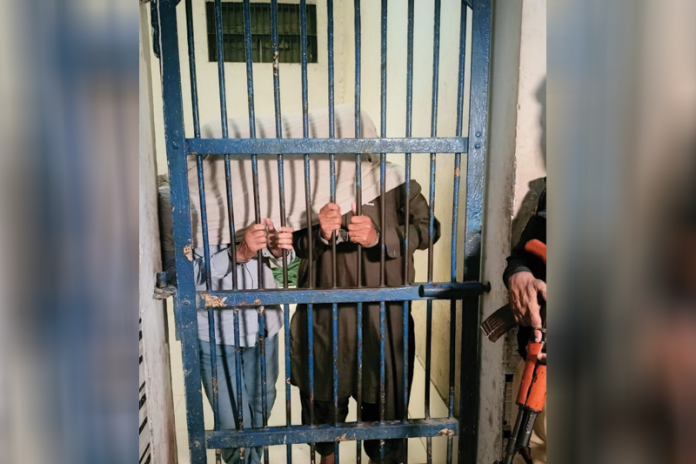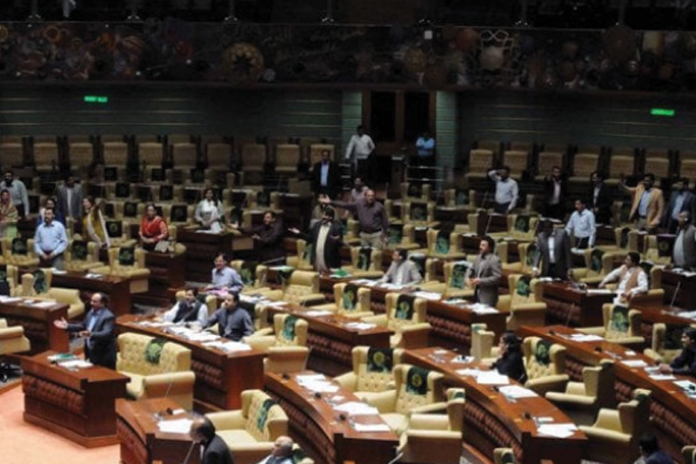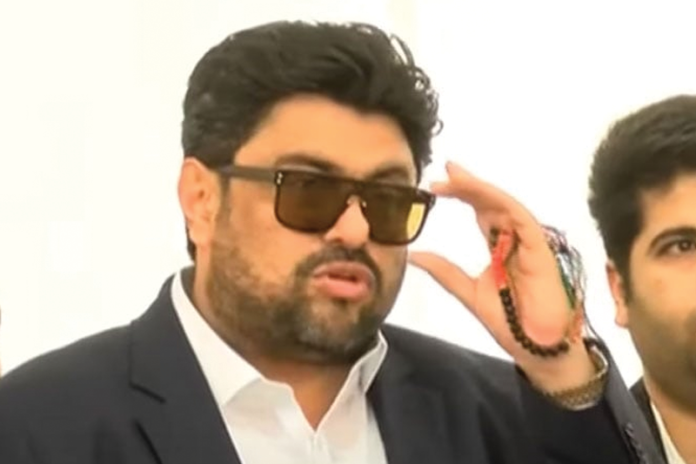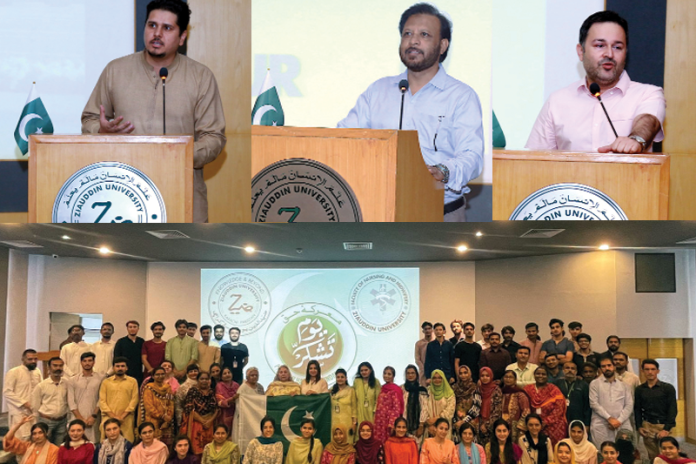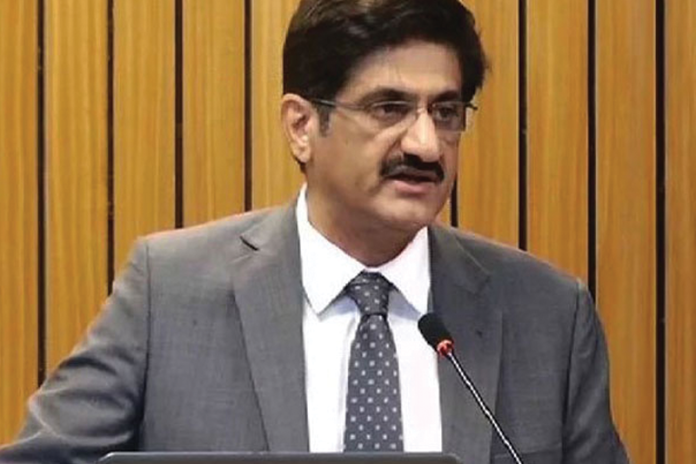IDEAS-2024: A Remarkable Step Forward

- 234
- 0
By Dr Zia Ul Haque Shamsi
The post-Cold War security architecture is evolving, and the international system is preparing itself for the realities of multipolarity instead of continuing with the US-led unipolarity.
Likewise, the regional strategic priorities are also changing very fast. The assertive rise of BRICS and cooperative engagements at SCO are certainly causing uneasiness among the Western allies of the US. The Russia-Ukraine war has been a game-changer in this evolving world order. On the other hand, President Trump’s return to power has also sent shockwaves across NATO countries because he wants European countries to pay for their security instead of relying on US expertise and investments.
Given the evolving security architecture, it is incumbent upon states to care for their security relying more upon indigenous efforts instead of waiting for foreign assistance. To ensure the territorial integrity and the sovereignty of the state, it has now become a compulsion to develop arms and equipment needed for the purpose indigenously, to the best of their abilities. Pakistan is no exception, and its security imperatives demanded that the country embark upon the journey of self-reliance in the arms and equipment needed to ensure its national security. Pursuing the objectives of achieving self-reliance, Pakistan's defence industry has been making significant strides in recent years, aiming to meet the growing demands of its armed forces while also positioning itself as a global supplier of military equipment. However, the defence industry's future hinges not only on catering to domestic needs but also on expanding its export potential.
This shift toward international markets is crucial for several reasons. By exporting defence products, Pakistan can generate much-needed foreign exchange, which is vital for sustaining its defence infrastructure and overall economic health. This is especially important for a country with a complex security environment and a reliance on external defence procurement. Also, defence exports can serve as a tool for strengthening bilateral relations with allied and friendly nations. Offering advanced military technology or defence systems can foster deeper cooperation, build trust, and create long-term strategic partnerships. Since global defence technology evolved rapidly, Pakistan’s defence industry has focused on developing advanced weapons systems, from fighter jets and missiles to drones and armoured vehicles.
This has not only improved the country's defence capabilities but also helped in creating products that can be marketed globally. Moreover, many countries, particularly in Asia, Africa, and the Middle East, have looked to diversify their defence suppliers to reduce dependency on traditional arms-producing nations. Pakistan, with its expanding indigenous capabilities, has emerged as an attractive alternative to some of the larger global players particularly for the regional countries. Concurrently the industry is also focusing on building a robust defense manufacturing base, which in turn generates jobs, drives innovation, and boosts the overall technological and industrial capabilities of the country. Partnerships with foreign defence companies, joint ventures, and technological collaborations are helping Pakistan enhance its production capabilities and introduce more sophisticated systems. For instance, the JF-17 Thunder fighter jet, developed in collaboration with China, is one of Pakistan’s flagship defence exports. It has garnered attention from several countries, particularly those in the Middle East and Africa, for its affordability and modern features. Likewise, Pakistan’s missile technology, including both surface-to-surface and air-to-air missiles, has been a key area of focus. The country's missile program has made it a competitive player in global defence markets. Pakistan also produces reliable small arms and related munitions, which are in high demand in the developing world due to their affordability. Also, Pakistan is investing a lot of effort in the development of drones and surveillance equipment, offering both combat and reconnaissance UAVs to countries in need of such capabilities.
The 12th edition of IDEAS organized by the Defence Export Promotion Organization under the patronage of the Ministry of Defence Production will be held from 19 to 22 November 2024 at Expo Centre, Karachi. The event is likely to break all previous records of IDEAS in terms of space booked by defence exhibitors as well as high-level military and civil delegations from across the globe. Therefore, it is expected that the IDEAS-2024 will “serve as a bridge between defence industry entrepreneurs, traders, R&D specialists, financial experts, and policymakers for capability enhancement and cost-effective businesses.” The writer of this article has authored three international books: “Nuclear Deterrence and Conflict Management Between India and Pakistan” “South Asia Needs Hybrid Peace” and “Understanding Sun Tzu and the Art of Hybrid War.”

